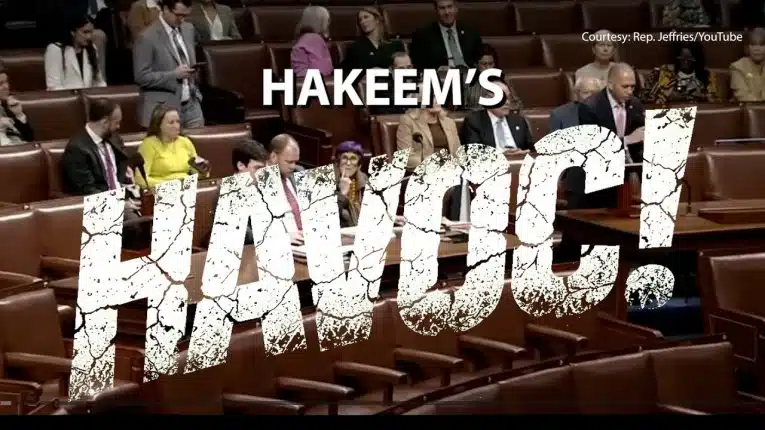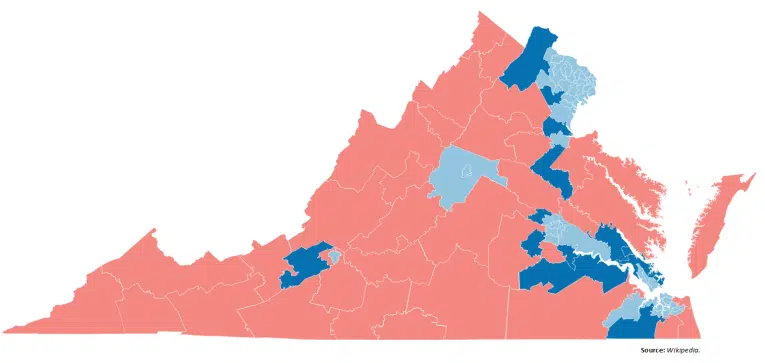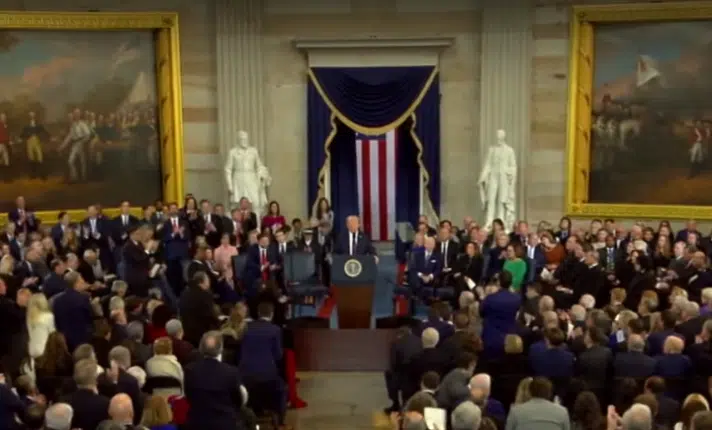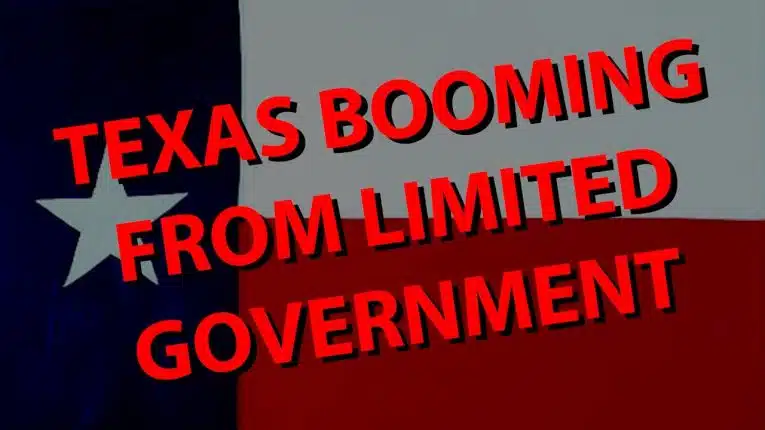By Printus LeBlanc
Americans hate bailouts. The bank bailouts in the waning days of the Bush administration and the automaker bailouts at the beginning of the Obama administration gave rise to the Tea Party and the Occupy movements. Well, if some lawmakers have their way a bailout to dwarf all previous bailouts is on the way.
In the upcoming weeks, you can expect to see hundreds of union members on Capitol Hill lobbying for the Butch Lewis Act to be an amendment to the forthcoming budget. Despite the flowery rhetoric, the Butch Lewis Act, S.2147, is nothing more than a taxpayer bailout.
The bill describes the bailouts as “loans.” It requires the taxpayer to make loans to insolvent pension plans. Taxpayers will stand behind the loans and forgive the debts if the pension plans cannot repay them. It would also require taxpayers to provide supplementary funds even if the loans and loan forgiveness are not enough to bring plans to solvency and the beneficiaries, nor the unions that ruined the fund in the first place would lose any money.
Pension funds across the country are in trouble, but the Teamsters’ Central States Pension Fund gets the lions share of the coverage. It is a fund covering 400,000 pensioners from more than 1,500 companies across a wide variety of industries. The fund is severely underfunded, with the pension’s executive director Thomas Nyhan stating, “Absent some form of legislative change, we’re going to become insolvent probably around the latter part of 2025.”
Many factors led to the fund to this point, but the most important is leadership. Union leadership failed their members. They made promises they could not keep. They failed to innovate and adapt to competition thereby losing market share. They made business too difficult for the companies, causing many to go bankrupt. Many that didn’t go bankrupt left the fund altogether.
In 2007, UPS negotiated an exit from the fund. The package delivery giant was dissatisfied with the high annual expenses it had to pay into the fund and decided to leave, but before leaving UPS paid the fund $6.1 billion. It is incredible to think UPS union members decided spending that much money to leave the fund was safer than staying in it. The grocery store Kroger did the same thing late last year. It only cost Kroger $410 million to leave the failing fund.
Americans for Limited Government President Rick Manning stated, “The death spiral of Central States Pension Fund is the most predictable financial collapse in history. Despite the sad story, taxpayers need to be protected from bailing out this failed fund. Any new ‘loan’ to the CSPF is guaranteed to default. It is sad that pensioners will end up on the short end of the stick, victimized by the over promises of the Teamsters union which resulted in unsustainable retirement payouts.”
By the fund’s own admission, it will take up to $40 billion to stabilize the fund. How are the taxpayers supposed to get the money back if the membership is shrinking? How are the taxpayers supposed to get their money back if the unions have not made the necessary changes to the benefits to ensure the solvency of the fund? This fund is a black hole for taxpayer money.
The most prominent question being ignored is what happens if the legislation is made into law? Non-union pension plans are going to want equal treatment as well. According to the Pension Benefit Guarantee Corporation (PBGC), non-union private plans are underfunded by $700 billion. $700 billion is nothing when you look at the underfunding estimates for state and local public pensions. The American Legislative Exchange Council published a report in October 2016 putting the underfunding price tag at $5.6 trillion for state and local public pensions, a $900 billion increase from the 2014 report.
There is not one positive piece of data available about the CSPF. For every $1 collected from employers, the fund pays out $3.46 in benefits. According to the Bureau of Labor Statistics, the union membership rate is half what it was in 1983. The fund should be allowed to fail as a lesson to the hundreds of other underfunded pensions. No more bailouts, make better decisions, and Bank of the American Taxpayer is closed.
Printus LeBlanc is a contributing editor at Americans for Limited Government.







